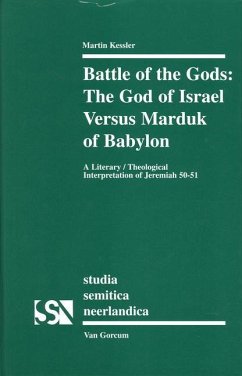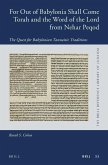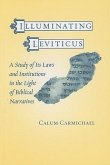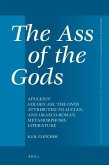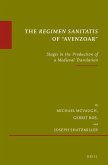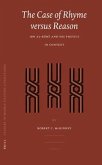This monograph is a literary study of the oracles against Babylon in Jeremiah chapters 50-51. They form the climax of the foreign oracle collection in the book of Jeremiah. Included are a survey of early scholarship on these chapters, a discussion of genres and motifs, verbal components, and a succinct survey of the historical context. However, the major emphasis is directed to the dynamic of these oracles as a literary creation with a message. That message is directed to Judah and Israel, who are urged to flee a doomed city with its idolatrous civilization, and to return to their homeland, to Jerusalem, to enter a permanent covenant with YHWH the God of their fathers. Throughout, the literature is discussed in its natural contexts: within the oracle collection in Jeremiah, in comparison with the Isaian oracles against Babylon, and within the canonical book of Jeremiah, demonstrating the climactic position of these oracles.
Hinweis: Dieser Artikel kann nur an eine deutsche Lieferadresse ausgeliefert werden.
Hinweis: Dieser Artikel kann nur an eine deutsche Lieferadresse ausgeliefert werden.

